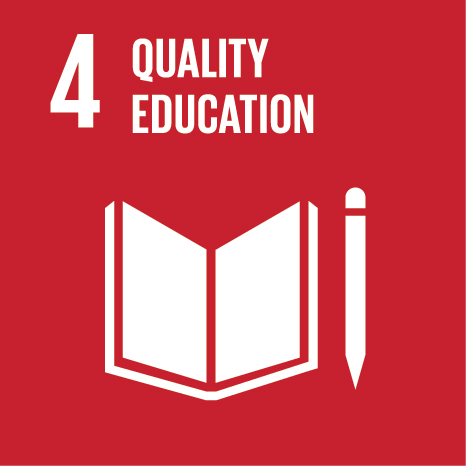 +265(0)111 624 222
+265(0)111 624 222 research@unima.ac.mw
research@unima.ac.mw Chirunga-Zomba, Malawi
Chirunga-Zomba, Malawi
Centring Deliberation in Modern Educational Encounters
Abstract
In this chapter, we propose that the rationale of cosmopolitan education developed in this book is constituted by a notion of justice. In reference to Amy Gutmann’s understanding of democratic justice, we analyse how cosmopolitan education manifests in educational encounters. Firstly, we argue that democratic justice implies equalising human encounters to the extent that people engage freely. Secondly, we contend that exercising one’s freedom cannot result in constrained human action whereby people are prevented to speak their minds. Rather, unlike Gutmann’s view that unjust speech should be constrained, we argue that speech should be reconfigured to deal with harmful speech in the way Judith Butler proposes. Thirdly, democratic justice should have the effect that people take into controversy one another’s taken-for-granted understandings. Through dissonance, human action would be poignantly poised to enacting just, cosmopolitan encounters.
| Original language | en |
| Pages (from-to) | 71-84 |
| Publication status | Published - 2020 |
UN SDGs
This research output contributes to the following United Nations (UN) Sustainable Development Goals (SDGs)

License
http://www.springer.com/tdmUN SDGs
This research output contributes to the following United Nations (UN) Sustainable Development Goals (SDGs)

License
http://www.springer.com/tdmUN SDGs
This research output contributes to the following United Nations (UN) Sustainable Development Goals (SDGs)

License
http://www.springer.com/tdm